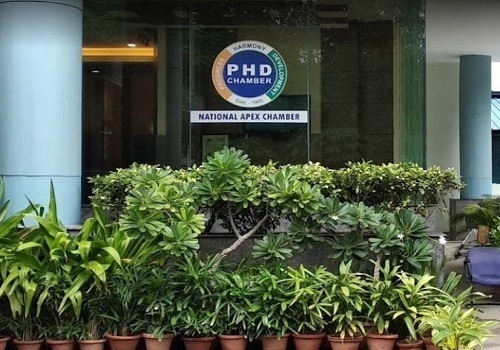LIC's solvency margin at Rs 202,347.53 crore

Follow us Now on Telegram ! Get daily 10 - 12 important updates on Business, Finance and Investment. Join our Telegram Channel
Life insurance giant Life Insurance Corporation of India (LIC) has a comfortable solvency ratio of 1.83 as against the regulatory requirement of 1.50.
According to the Draft Red Herring Prospectus (DRHP) filed with the Securities and Exchange Board of India (SEBI), LIC's solvency ratio (for its within India business) was 1.83 as at September 30, 2021, which is higher than the control limit set by the sectoral regulator.
A regulatory measure of capital adequacy for Indian insurance companies, the ratio is calculated by dividing an insurer's available solvency margin - or capital available to meet regulatory solvency capital and is the excess of admissible assets over liabilities - by its required solvency margin, as calculated in accordance with IRDAI guidelines.
The required solvency margin is computed by using factors specified by IRDAI for different lines of business, the factors being applicable on the reserves and the sum at risk.
"As at September 30, 2021, we had available solvency margin of Rs 2,023,475.32 million," the LIC said. The required solvency margin as on September 30, 2021 was Rs 110,350.38 crore.
The LIC believes its solvency ratio positions is to withstand situations such as significant variance between actual experience and actuarial assumptions, and provides for increased capital requirements associated with high growth and an efficient use of capital.
The life insurer said it is ranked fifth globally by life insurance gross written premium by comparing its premium for fiscal 2021 to that of its global peers life insurance premium income for 2020.
The LIC is ranked 10th globally in terms of total assets comparing its assets as at March 31, 2021 with other life insurers' assets as at December 31, 2020, the DRHP said.
The Central government is offering for sale up to 316,249,885 equity shares with a face value of Rs 10 to the public.
The offer also includes not more than five per cent reservation for its eligible employees and not more than 10 per cent for its policyholders.












 320-x-100_uti_gold.jpg" alt="Advertisement">
320-x-100_uti_gold.jpg" alt="Advertisement">












